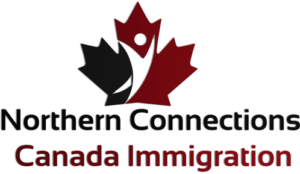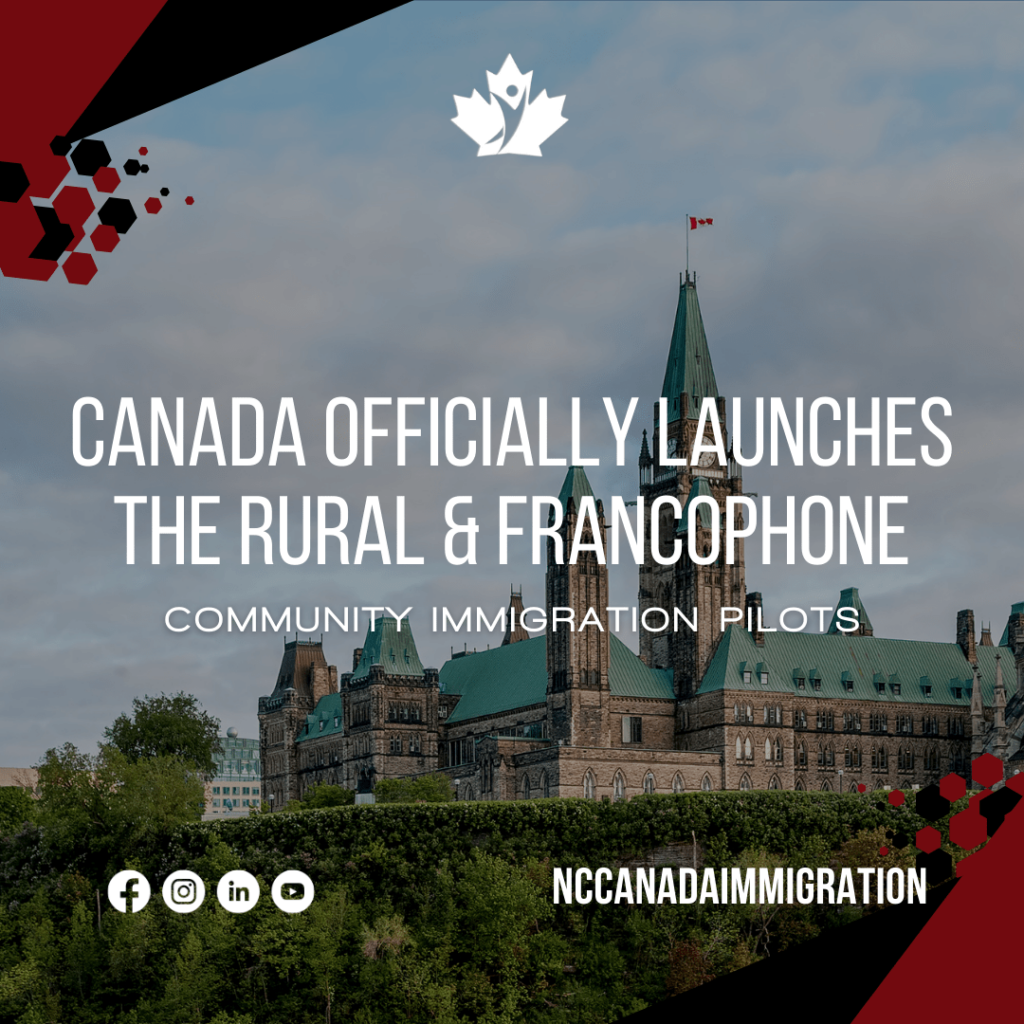The Government of Canada recognizes the vital contributions of rural and Francophone minority communities to the nation’s economy and culture. However, these communities often face challenges in attracting and retaining skilled workers, as many newcomers tend to settle in urban centres.
To address this, the government has introduced two new immigration pilots, fulfilling a commitment made in March 2024. On January 30, 2025, Immigration Minister Marc Miller officially launched the Rural Community Immigration Pilot (RCIP) and the Francophone Community Immigration Pilot (FCIP), announcing the selected communities that will participate.
These pilots aim to connect businesses and employers in rural and Francophone communities with skilled newcomers, ensuring these regions have the workforce needed to thrive.
How the Programs Work
- Rural Community Immigration Pilot (RCIP): Supports rural communities by addressing labour shortages and helping local businesses find the skilled workers they need.
- Francophone Community Immigration Pilot (FCIP): Focuses on increasing the number of French-speaking newcomers settling in Francophone minority communities outside Quebec. This helps strengthen economic development while restoring and growing the demographic presence of Francophone communities.
Each selected community will be represented by a local economic development organization, which will collaborate with Immigration, Refugees and Citizenship Canada (IRCC) to:
- Identify key labour shortages
- Designate trustworthy employers
- Recommend suitable candidates for permanent residence
IRCC has already begun training these organizations. Each community will provide details and timelines on when employers and prospective permanent residents can begin applying.
Rural Community Immigration Pilot (RCIP) Communities
- Nova Scotia: Pictou County
- Ontario: North Bay, Sudbury, Timmins, Sault Ste. Marie, Thunder Bay
- Manitoba: Steinbach, Altona/Rhineland, Brandon
- Saskatchewan: Moose Jaw
- Alberta: Claresholm
- British Columbia: West Kootenay, North Okanagan Shuswap, Peace Liard
Francophone Community Immigration Pilot (FCIP) Communities
- New Brunswick: Acadian Peninsula
- Ontario: Sudbury, Timmins, Superior East Region
- Manitoba: St. Pierre Jolys
- British Columbia: Kelowna
Why These Programs Matter
Many rural and Francophone minority communities struggle with:
- Ageing populations
- Labour shortages
- Retention of skilled workers
While major cities experience steady immigration, smaller communities often face difficulties attracting newcomers who can contribute to their economies.
By launching RCIP and FCIP, Canada seeks to:
- Strengthen regional economies
- Enrich cultural diversity
- Reinforce its bilingual identity
- Offer skilled workers a direct pathway to permanent residence in regions where they are most needed
“Rural and Francophone communities are essential to Canada’s growth and cultural diversity. By welcoming skilled immigrants to these areas, we are addressing labor shortages and economic needs while showcasing the benefits of small-town living. Our commitment to these regions is strong, which is why we are making the RNIP a permanent program and introducing these two new pilots. We will continue working closely with communities to connect businesses with skilled workers.”
– The Honourable Marc Miller, Minister of Immigration, Refugees and Citizenship
“When our rural and remote communities succeed, Canada succeeds—it’s that simple. Through RCIP and FCIP, your federal government is helping to fill jobs and drive growth in small communities, making life better for everyone who calls these places home.”
– The Honourable Gudie Hutchings, Minister of Rural Economic Development
Application Process
If you’re interested in applying for RCIP or FCIP, follow these steps:
- Check Eligibility – Review program criteria to ensure you qualify.
- Choose a Community – Select a designated community based on job opportunities and personal preferences.
- Find an Employer – Connect with local employers participating in the program.
- Receive a Recommendation – If selected, you’ll get a recommendation from the community.
- Apply for Permanent Residence – Submit your application to IRCC for processing.
Ready to Explore These Opportunities?
If you’re considering applying through the Rural Community Immigration Pilot (RCIP) or Francophone Community Immigration Pilot (FCIP), our experienced immigration consultants are here to guide you.
Schedule a personalized consultation to:
- Assess your eligibility
- Understand program requirements
- Navigate the application process smoothly
Contact us today and take the next step toward permanent residency in Canada.
The Team at Northern Connections Canada



